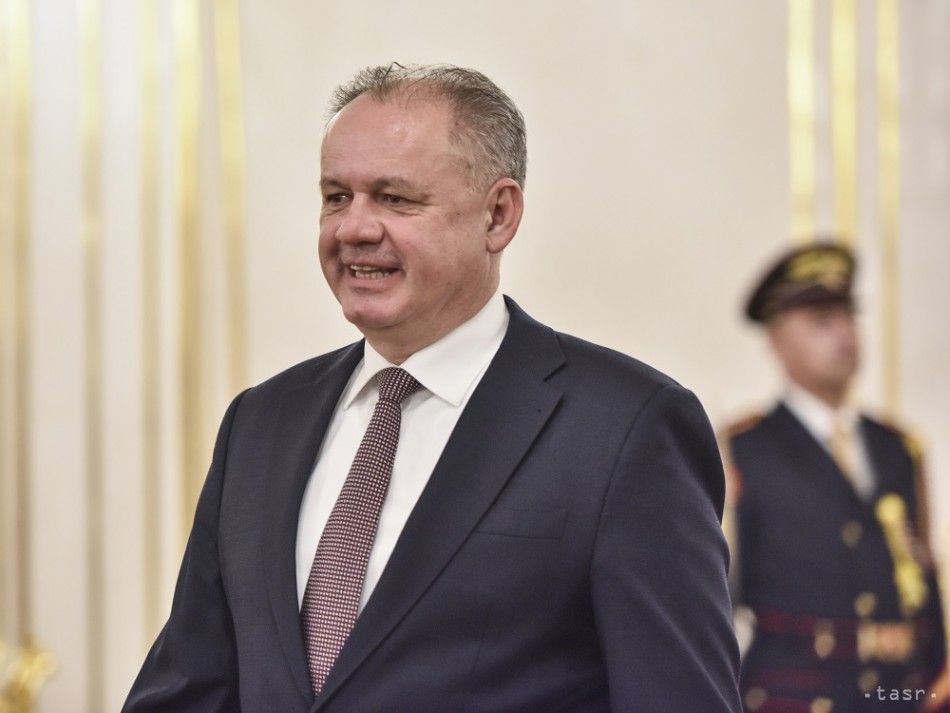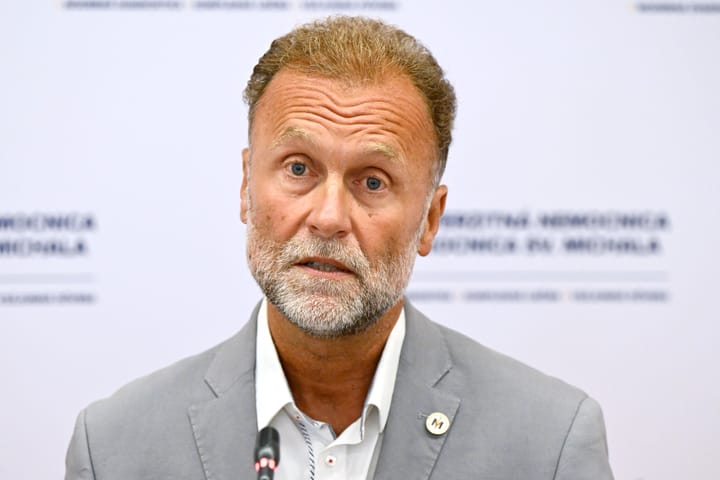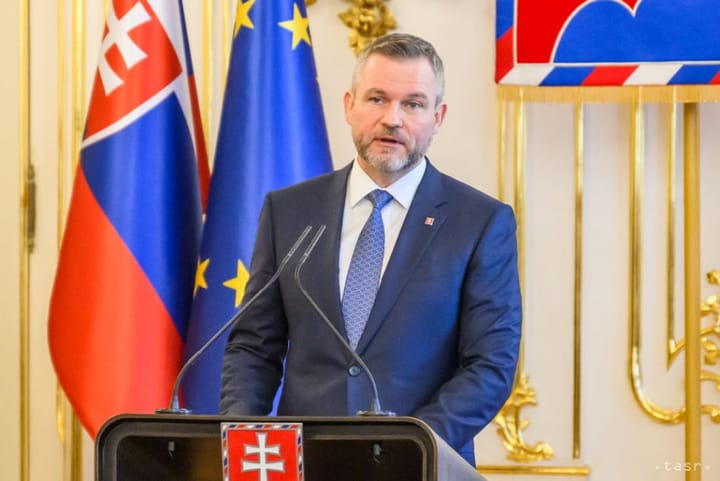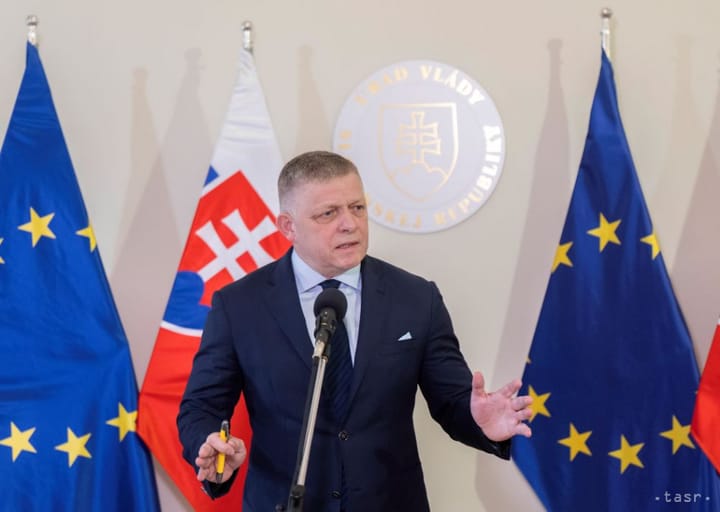Kiska Has Lunch with Predecessors, Wasn't Asked about Candidacy

Bratislava, January 9 (TASR) – Slovak President Andrej Kiska on Tuesday again held the annual New Year presidential lunch with his predecessors Rudolf Schuster and Ivan Gasparovic.
All of them praised the tradition of New Year lunches, but this wasn’t the case for the awarding of state honours or Kiska’s description of Slovakia as a Mafia state. All of them praised the tradition of New Year lunches, but this wasn’t the case for the awarding of state honours or Kiska’s description of Slovakia as a Mafia state.
The trio also spoke about foreign trips, the Olympic Games and coalition-opposition relations. Gasparovic and Schuster didn’t ask the incumbent head of state whether he will run for re-election and didn’t say whether Kiska should do this, either.
“They didn’t ask about my candidacy, but I’ll provide a statement by September at the latest,” said Kiska. He admitted that the events of the last few days, in which the open struggle between himself and Interior Minister Robert Kalinak (Smer-SD) has continued, has given him rather more energy.
Schuster criticised Kiska for his choice of recipients for state honours. Schuster doesn’t like the fact that the Government can’t express its opinion on the honours before they are awarded. He also said that this has prompted the emergence of state honours bestowed by the prime minister and parliamentary chair. Schuster doesn’t like this. “I don’t know whether this is a competitive business … State honours are given by law, and this shouldn’t be changed,” said the former president. Kiska agreed that the Government should have a certain amount of say in this matter.
Gasparovic reproached Kiska for describing Slovakia as a Mafia state. “I don’t agree that Slovakia is a Mafia state. There are problems that need to be dealt with, but such an attribute doesn’t belong to Slovakia,” said Gasparovic. He also reminded Kiska of the importance of cooperation between president, parliament and government. “If cooperation between parliament, president and government doesn’t work, that can’t be a good thing. The state can’t profit in this way,” he emphasised. He agreed that the three constitutional authorities don’t have to have the same views on everything. “But cooperation must work,” he added.



